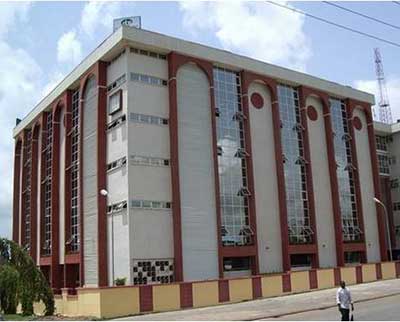
National Bureau of Statistics (NBS) has disclosed that the total value of capital imported into the country in the first quarter (Q1) of 2016, has dropped to all-time low of $710.97million.
According to Executive Summary of Q1 2016 capital importation report released yesterday by the NBS, the decline is the highest ever since 2007, representing a decline of 54.34% since the fourth quarter (Q4) of 2015, bas well as a year-on-year decline of 73.79%, the bureau said.
The bureau said slow pace of direct foreign investments in Nigeria and falling oil price are among reasons for the slide.
“The total value of capital imported into Nigeria in the first quarter of 2016 was $710.97 million, the lowest level since the series began in 2007.”
NBS said, “This represents a decline of 54.34% since the final quarter of 2015, and a year on year decline of 73.79%. Both the quarterly and year on year declines were also the lowest recorded since the series began.”
In view of these changes, total capital importation was said to have fallen by 89.13% since its peak level in the third quarter of 2014.The scale of the decline in capital importation in the first quarter of 2016, the report added, is symptomatic of the economic challenges in the country due to low price of crude in the world market.
On why foreign investment level has dropped, the report indicated that there may be a link between the development and the JP Morgan sanction, in addition to fears that investors may be unable to mop up their profits in foreign exchange, due to tight fiscal monitoring policy of the current government through the Central Bank of Nigeria.
“Although there a number of reasons why the amount of capital imported in recent years may have been higher than usual (such as the inclusion of Nigerian in the JP Morgan Bond Index, and globally low interest rates triggering a search for higher yields over this period), the fact that the amount of capital imported has dropped to a record low suggests that there are further reasons why Nigeria has attracted less foreign investment in recent quarters,” the report showed.
“Investors may be concerned about whether or not they will be able to repatriate the earnings from their investments, given the current controls on the exchange rate. In addition, as growth has slowed in recent quarters, there may be concerns about the profitability of such investments,” the NBS said.
The report also indicated that the first quarter of 2016 also saw a large shift in the composition of capital imported. In view of a quarterly decline in portfolio investment of 71.55% (also the largest quarterly fall on record), portfolio investment accounted for 38.12% of total capital imported, compared to 61.18% in the previous quarter.
However, it remained the largest component, as other investment also recorded a sharp quarterly decline, of 44.84% which prevented shares from rising higher than that of portfolio investment.



